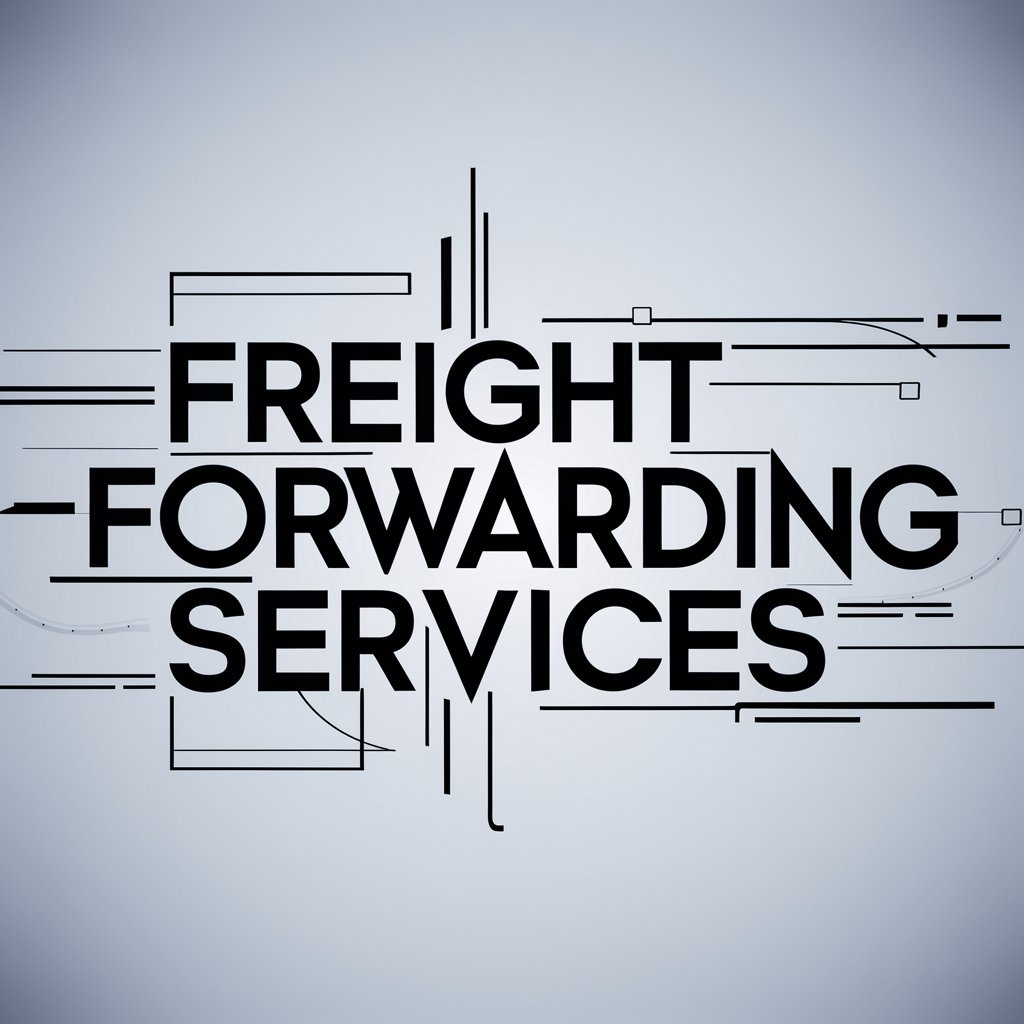The impact of technology on freight forwarding services has been transformative, reshaping the industry with advancements that enhance efficiency, transparency, and customer satisfaction. Technology has introduced innovative solutions that streamline operations, improve logistics management, and create more resilient supply chains. Here’s an in-depth look at how technology is impacting freight forwarding services.
1. Enhanced Efficiency and Automation:
Automated Processes: Technology has automated many manual processes in freight forwarding, reducing errors and increasing efficiency. Tasks such as data entry, documentation, and shipment tracking are now automated, allowing companies to handle larger volumes of shipments with greater accuracy and speed.
Digital Platforms: Freight forwarders use digital platforms to manage logistics operations more effectively. These platforms integrate various functions such as booking, tracking, billing, and communication, providing a centralized system that simplifies workflow and improves coordination.
2. Real-Time Tracking and Visibility:
GPS and IoT Devices: The use of GPS and Internet of Things (IoT) devices has revolutionized shipment tracking. Software for freight forwarders provides real-time visibility into the location and condition of goods, enabling freight forwarders to monitor shipments throughout the supply chain and respond quickly to any issues.
Blockchain Technology: Blockchain provides an immutable and transparent ledger for tracking shipments, ensuring data integrity and security. This technology helps reduce fraud, enhance traceability, and foster trust among stakeholders by providing a clear and verifiable record of transactions.
3. Improved Customer Experience:
Customer Portals: Digital customer portals allow clients to book shipments, track their goods in real-time, and access important documents online. This self-service approach empowers customers, providing them with greater control and visibility over their shipments.
Predictive Analytics: Predictive analytics tools analyze historical data to forecast shipping times, potential delays, and demand patterns. This enables freight forwarders to provide more accurate delivery estimates and proactive communication, improving customer satisfaction.
4. Optimization of Supply Chain Management:
Advanced Analytics: Big data analytics helps in optimizing supply chain operations by analyzing vast amounts of data to identify patterns and trends. This leads to more informed decision-making, better route planning, and efficient resource allocation.
AI and Machine Learning: Artificial Intelligence (AI) and machine learning algorithms are used to optimize logistics operations. These technologies can predict demand, optimize inventory levels, and improve route planning, resulting in cost savings and enhanced operational efficiency.
5. Sustainability and Environmental Impact:
Green Logistics: Technology enables freight forwarders to adopt greener practices. Route optimization algorithms reduce fuel consumption and emissions, while real-time tracking minimizes idle times and enhances load management.
Sustainable Materials: Technological advancements in packaging materials, such as biodegradable and recyclable options, contribute to reducing the environmental impact of freight forwarding operations.
6. Risk Management and Security:
Enhanced Security: Technologies such as blockchain and IoT improve the security of shipments by providing tamper-proof tracking and monitoring. These technologies ensure that goods are not altered or stolen during transit.
Risk Mitigation: Predictive analytics and AI can identify potential risks in the supply chain, such as weather disruptions or geopolitical issues, allowing freight forwarders to develop contingency plans and mitigate risks effectively.
7. Global Connectivity:
Digital Communication: Technologies like cloud computing and digital communication platforms enable seamless collaboration among global stakeholders. This enhances coordination, reduces communication gaps, and ensures smooth operation across different regions and time zones.
E-commerce Integration: The rise of e-commerce has driven the need for efficient freight forwarding services. Technology facilitates the integration of e-commerce platforms with logistics systems, streamlining order fulfillment and delivery processes.
Conclusion:
The impact of technology on freight forwarding services is profound, driving significant improvements in efficiency, transparency, and customer satisfaction. By embracing advanced technologies such as automation, real-time tracking, predictive analytics, and blockchain, freight forwarders can optimize their operations, enhance supply chain management, and deliver superior service. As the industry continues to evolve, technology will remain a critical enabler of innovation, helping freight forwarders navigate the complexities of global trade and meet the demands of a dynamic marketplace.






